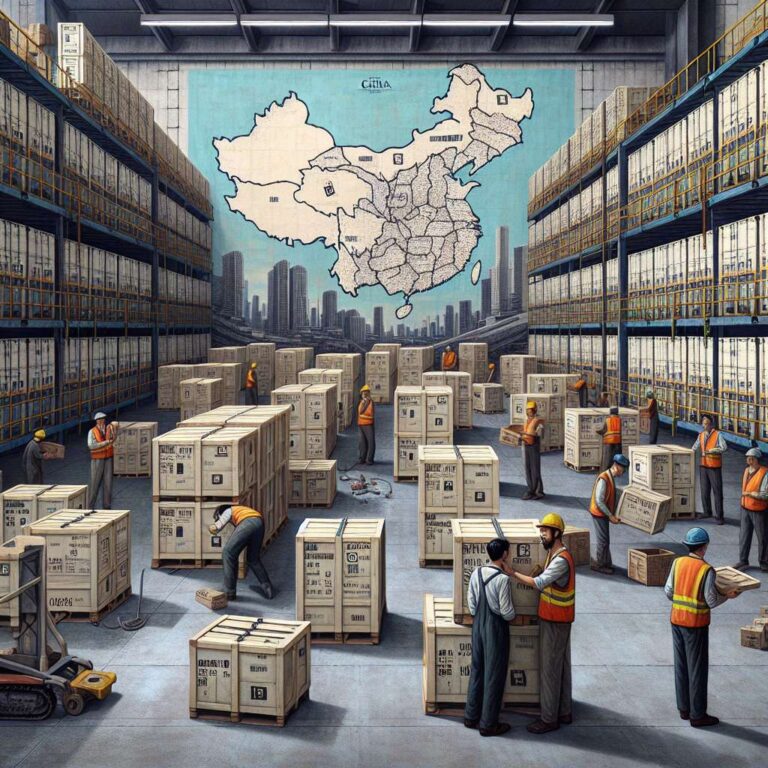Chinese authorities have issued guidance that requires new data centre projects receiving any state funds to use domestically made Artificial Intelligence chips, two sources told Reuters. The directive orders projects that are less than 30% complete to remove installed foreign chips or cancel purchases, while more advanced projects will be judged on a case-by-case basis. The sources did not identify which regulators issued the guidance and declined to be named because of the sensitivity of the matter, and it is unclear whether the measure is nationwide or limited to certain provinces.
The move is likely to hit foreign vendors hard, with Nvidia described in the report as the biggest casualty. The guidance covers Nvidia’s H20 chips, and also mentions more powerful processors such as the B200 and H200. While B200 and H200 are already barred by U.S. export controls, Reuters cites sources saying they remain available in China through grey-market channels. Nvidia and AMD did not respond to requests for comment, and Intel declined to comment. The Cyberspace Administration of China and the National Development and Reform Commission did not respond to requests for comment. Reuters reported some state-funded projects have been suspended before breaking ground, including a facility in a northwestern province that had planned to deploy Nvidia chips.
Beijing’s directive is intended to accelerate chip self-sufficiency and carve out market share for domestic makers, such as Huawei, Shanghai-listed Cambricon and startups including MetaX, Moore Threads and Enflame. The article notes developers have been reluctant to shift away from Nvidia’s established software ecosystem, creating adoption challenges for domestic alternatives. Reuters also warned the move could widen the U.S.-China gap in Artificial Intelligence computing power, citing supply constraints at leading Chinese foundries like SMIC caused by U.S. sanctions. The report recalls Nvidia CEO Jensen Huang’s lobbying for broader chip sales to China and cites the company’s own comment that its current share of the Chinese AI chip market is zero versus 95% in 2022. Reuters found that AI data centre projects in China have drawn over ? billion in state funding since 2021, underscoring the potential market impact of the guidance.

